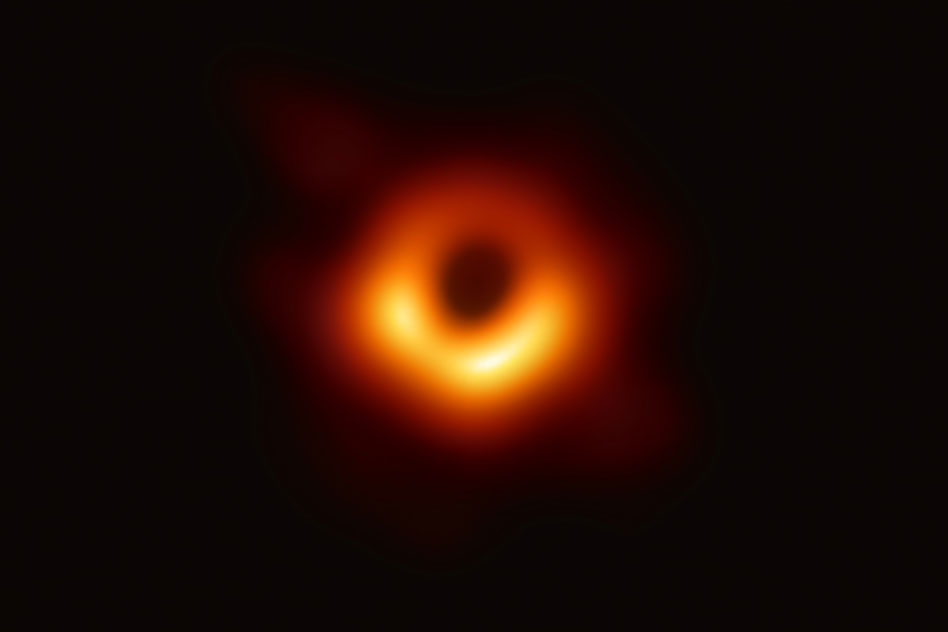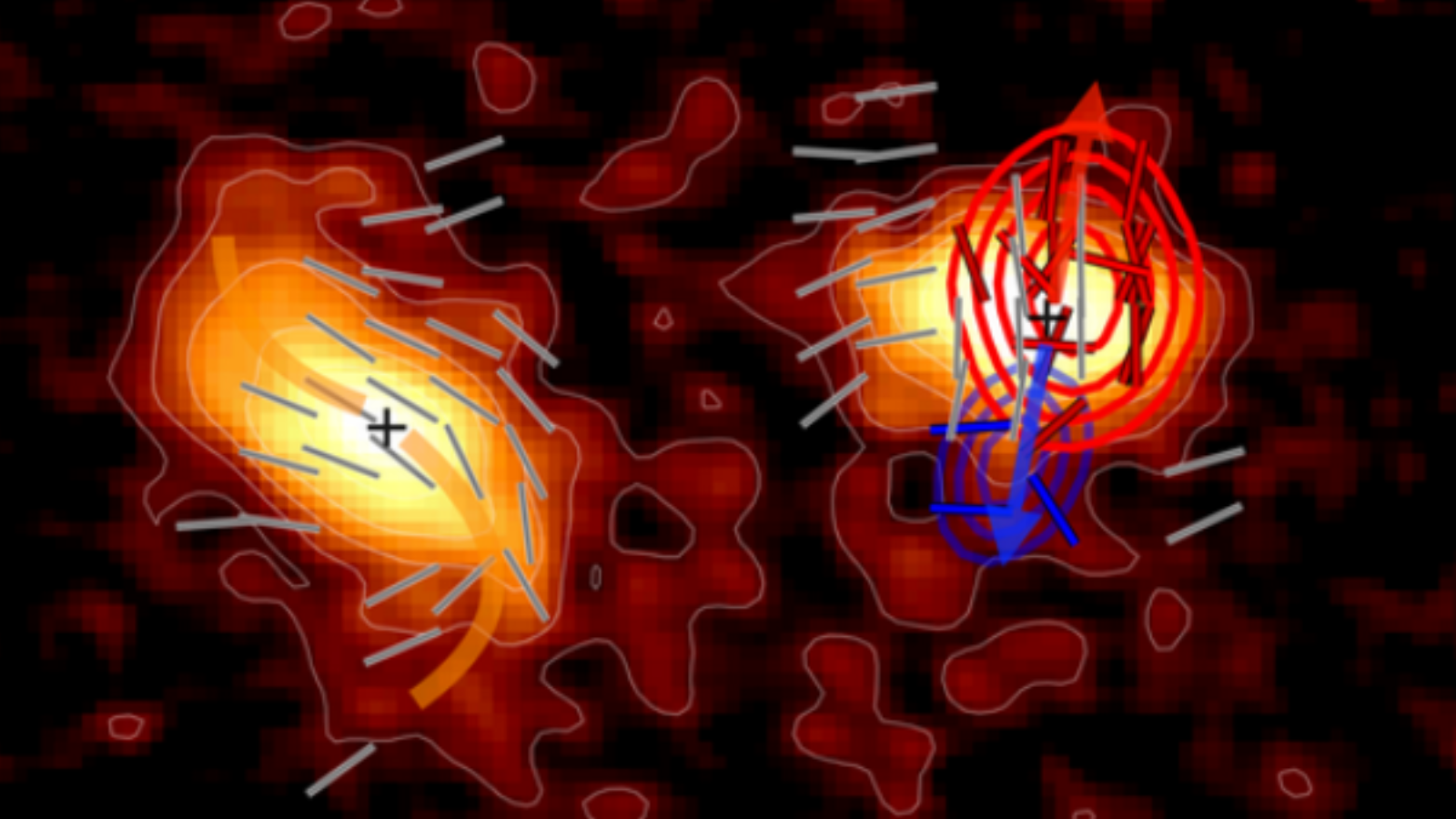Event Horizon Telescope, which hunts black holes, cancels 2020 observations due to coronavirus

The COVID-19 pandemic has forced a global network of telescopes to cancel its annual observations of black holes, which last spring published the first ever image of such an object.
This cooperation, collectively called the Event Horizon Telescope, announced yesterday (March 17) that its 2020 campaign would be canceled due to closures of individual telescopes within the network. Those closures have come as part of the global response to the disease, which is spread by a new coronavirus.
"Progress on the scientific goals of the EHT Collaboration is secondary to the health and well-being of our collaboration members, our families, our institutions, and the people who work at the observatory and correlator facilities that support our efforts," representatives of the collaboration said in a statement about the campaign's cancellation.
Related: Coronavirus prevention measures take their toll on astronomy
Because of annual weather patterns and "celestial mechanics," the statement continued, the collaboration can make observations only in March and April. But with the pandemic's impact expected to worsen before it improves, the Event Horizon Telescope team has concluded that the situation will not be resolved by April.
Observations will resume in the spring of 2021, when the network is scheduled to include a total of 11 facilities around the world.
In the meantime, scientists working on the project will have plenty to keep them busy, according to the statement. "We will now devote our full concentration to completion of scientific publications from the 2017 data and dive into the analysis of data obtained with the enhanced EHT array in 2018."
Breaking space news, the latest updates on rocket launches, skywatching events and more!
- Getting sick in space: How would NASA handle an astronaut disease outbreak?
- Dramatic effect of coronavirus lockdowns seen from space
- NASA center in California issues mandatory work-from-home order after employee tests positive for coronavirus
Email Meghan Bartels at mbartels@space.com or follow her @meghanbartels. Follow us on Twitter @Spacedotcom and on Facebook.
OFFER: Save at least 56% with our latest magazine deal!
All About Space magazine takes you on an awe-inspiring journey through our solar system and beyond, from the amazing technology and spacecraft that enables humanity to venture into orbit, to the complexities of space science.

Meghan is a senior writer at Space.com and has more than five years' experience as a science journalist based in New York City. She joined Space.com in July 2018, with previous writing published in outlets including Newsweek and Audubon. Meghan earned an MA in science journalism from New York University and a BA in classics from Georgetown University, and in her free time she enjoys reading and visiting museums. Follow her on Twitter at @meghanbartels.

